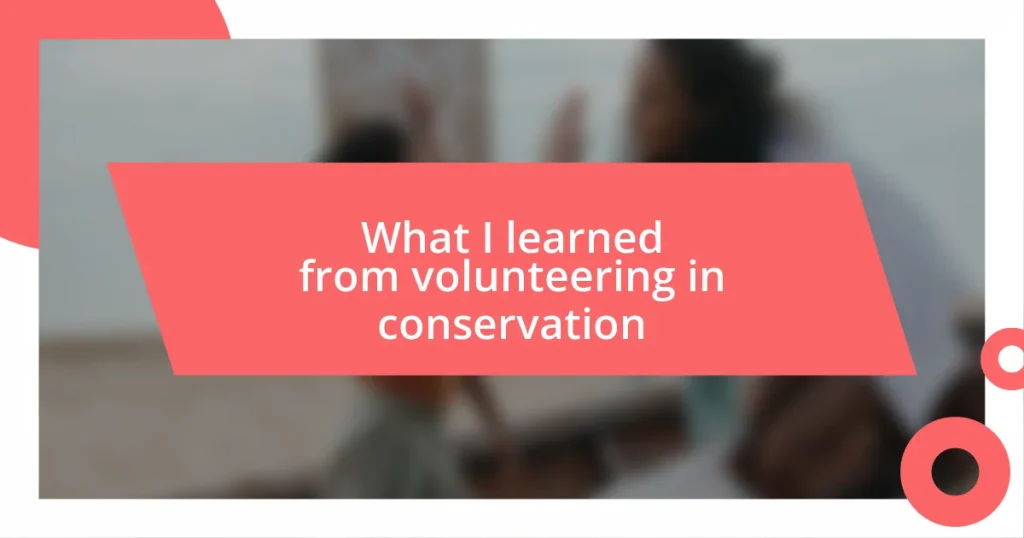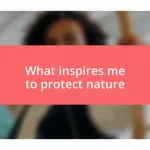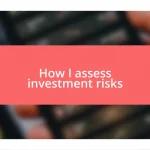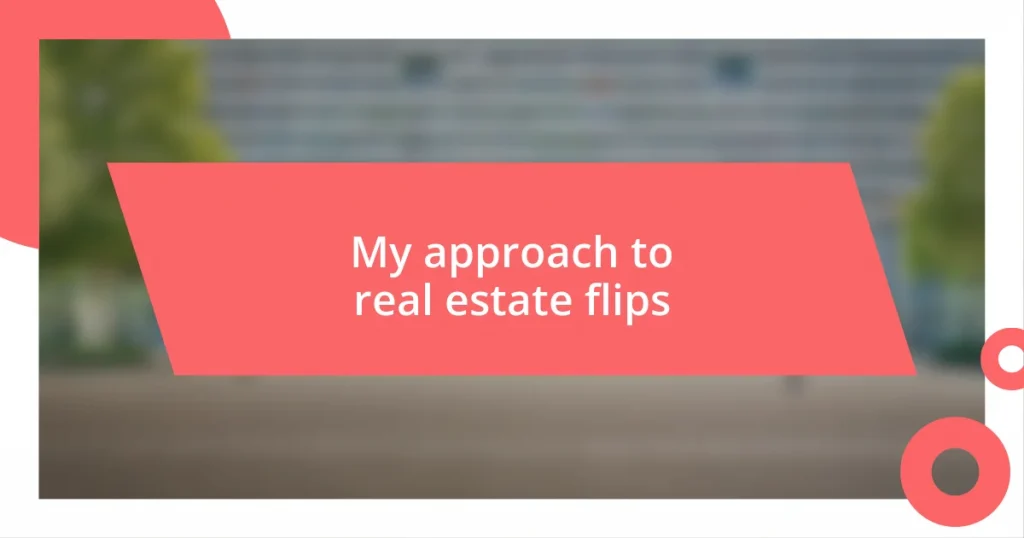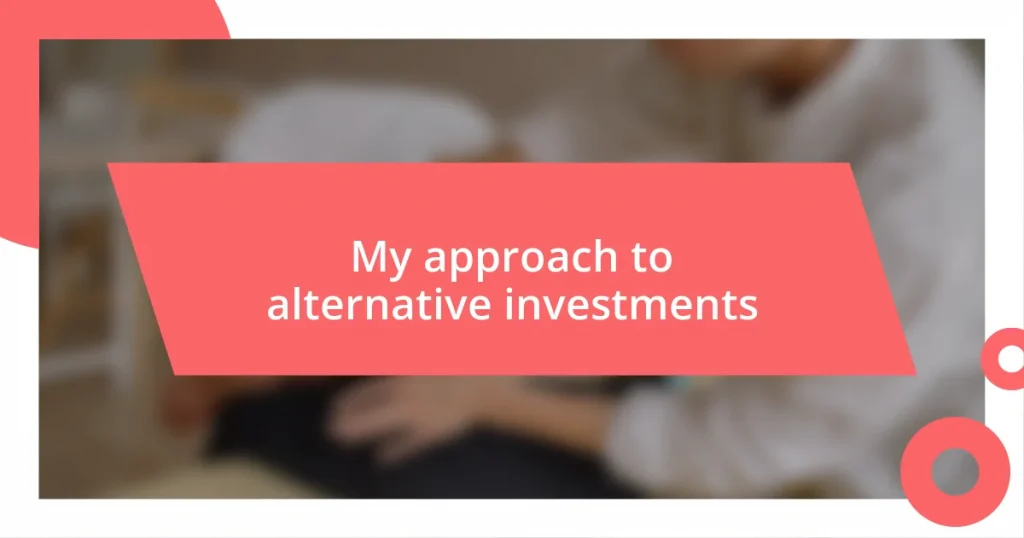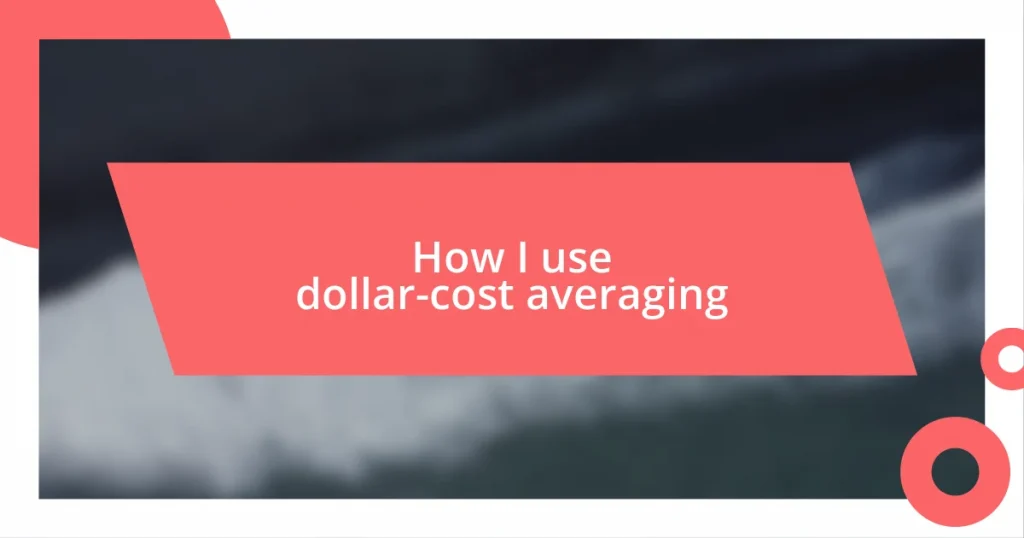Key takeaways:
- Volunteering fosters a deep connection with nature and a sense of community among diverse individuals, highlighting the power of collaboration in conservation efforts.
- Engaging in conservation work enhances vital skills such as problem-solving, teamwork, and attention to detail, which are applicable in various life situations.
- Understanding environmental challenges firsthand ignites a passion for advocacy and emphasizes the importance of individual contributions toward future conservation efforts.
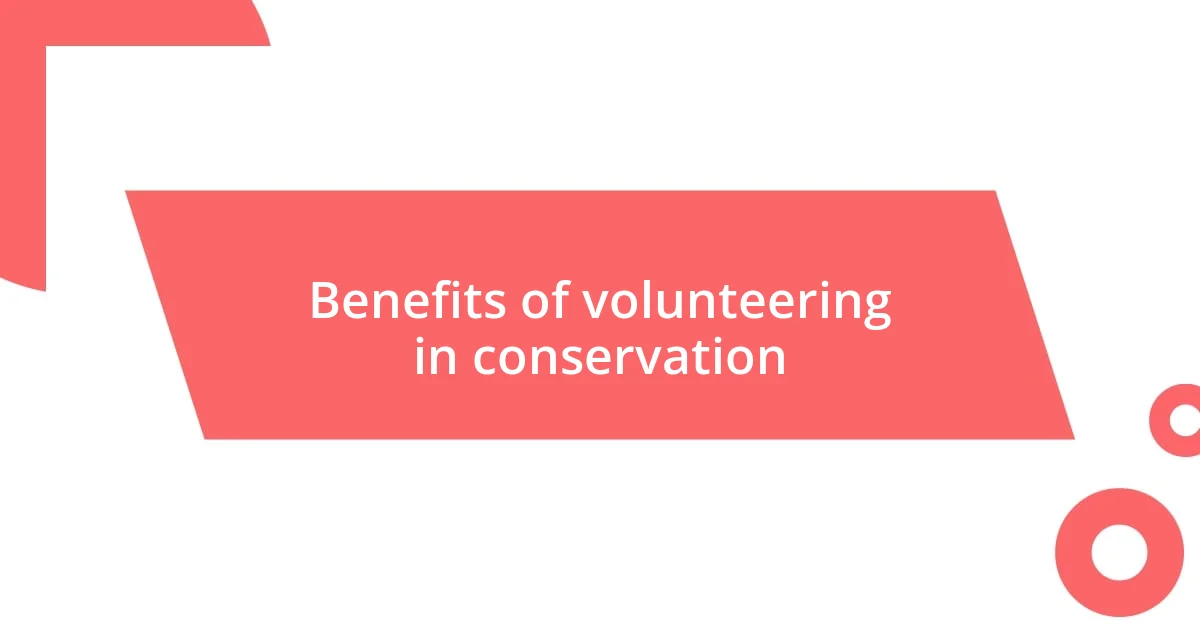
Benefits of volunteering in conservation
One of the most rewarding aspects of volunteering in conservation is the deep connection you forge with nature. I remember standing in a lush forest, listening to the rustle of leaves and the distant call of a bird. In that moment, I felt not just a sense of peace but a responsibility to protect such beauty. Have you ever felt that electric rush when you realize your actions contribute to preserving the environment?
Volunteering also nurtures a strong sense of community. While working on a beach cleanup, I met a diverse group of passionate individuals who shared their stories and motivations. It was fascinating to see how our backgrounds differed but our goals aligned. This experience reminded me that we’re stronger together and that collaboration can create tangible change. Isn’t it inspiring to think about what we can achieve collectively?
Additionally, contributing to conservation efforts can significantly enhance personal growth. I faced challenges that pushed me out of my comfort zone, from learning how to plant native species to navigating tough terrains. Each experience taught me resilience and adaptability, traits I now carry into other aspects of my life. What skills have you developed through your own volunteer experiences?
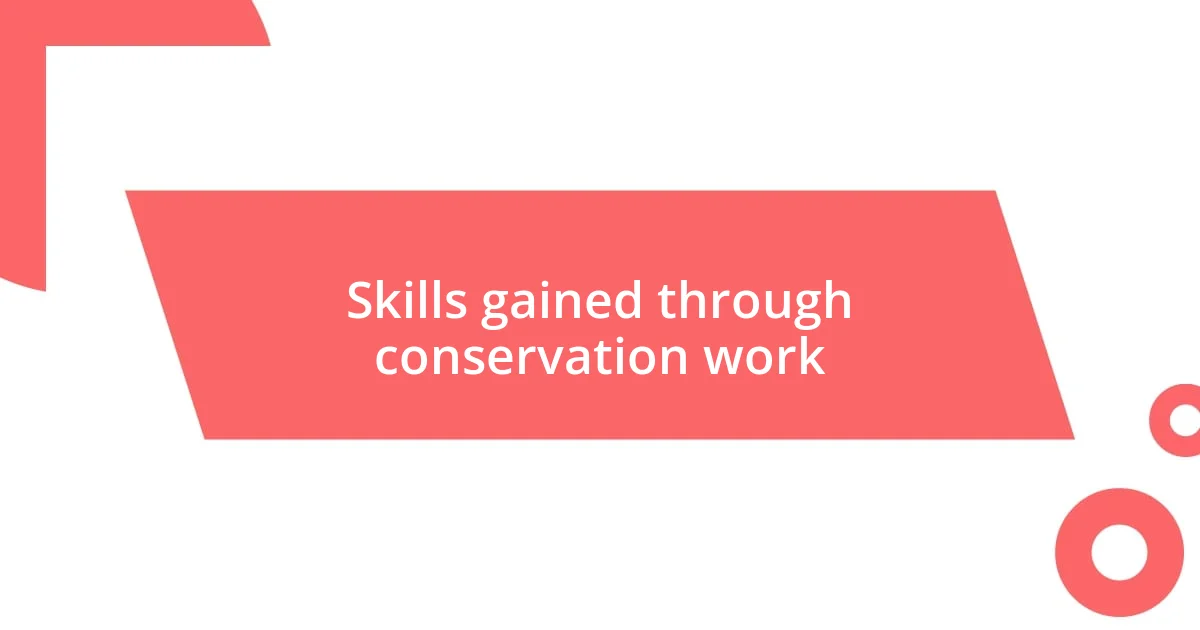
Skills gained through conservation work
Volunteering in conservation has undeniably sharpened my problem-solving skills. I once encountered an unexpected roadblock while working on a reforestation project—our planting schedule was disrupted due to heavy rain. Instead of feeling defeated, we quickly devised a new plan to optimize our time. This adaptability remains a crucial skill in my daily life, especially in unpredictable situations.
Through my conservation work, I also polished my teamwork and leadership abilities. During a wildlife survey, I was chosen to lead a small group. It was thrilling yet daunting. I learned the importance of clear communication and delegation, ensuring everyone felt involved and valued. This experience taught me that effective teamwork can amplify our impact, a lesson that translates into any group setting.
Finally, attention to detail became second nature during my time in conservation. Whether it was identifying specific plant species or recording wildlife sightings, each task required focus and precision. I recall the excitement of spotting a rare bird and the immense satisfaction that followed meticulous documentation. Instilling this discipline has immensely benefited my personal and professional endeavors.
| Skill | Description |
|---|---|
| Problem-Solving | Ability to adapt and create solutions in unexpected situations. |
| Teamwork & Leadership | Coordinating with others and fostering collaboration for greater impact. |
| Attention to Detail | Precision in observing and recording information in conservation tasks. |
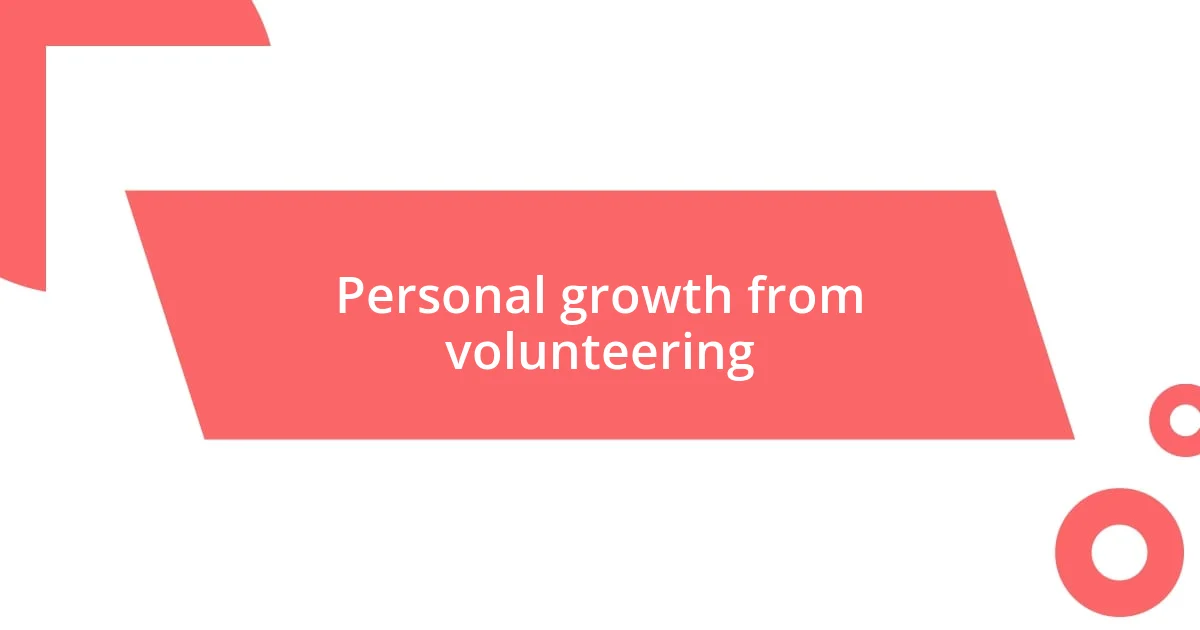
Personal growth from volunteering
Volunteering has been a transformative journey for my personal growth, challenging me to confront my fears and embrace new experiences. I vividly recall one particularly hot day spent conducting a river clean-up. The heat was intense, my energy waned, but I found solace in the laughter and camaraderie of my fellow volunteers. That shared spirit invigorated my resolve, teaching me that perseverance can thrive in even the toughest conditions. I realized that stepping outside my comfort zone not only builds resilience but also opens the door to self-discovery.
From my experiences, I’ve identified several ways in which volunteering has contributed to my personal development:
- Resilience: Each challenge, no matter how daunting, reinforced my ability to bounce back and adapt.
- Empathy: Listening to the stories of others deepened my understanding of different perspectives, fostering a greater sense of compassion.
- Confidence: Trying new tasks, like leading a small group on a nature walk, transformed my self-doubt into self-assurance. With practice came a newfound belief in my abilities.
- Self-Reflection: Taking moments to pause and assess my impact helped me clarify my values, leading to a more purpose-driven life.
These insights have shaped not only who I am but how I interact with the world around me. Each experience has woven itself into the fabric of my character, making me more aware, engaged, and committed to ongoing personal improvement.
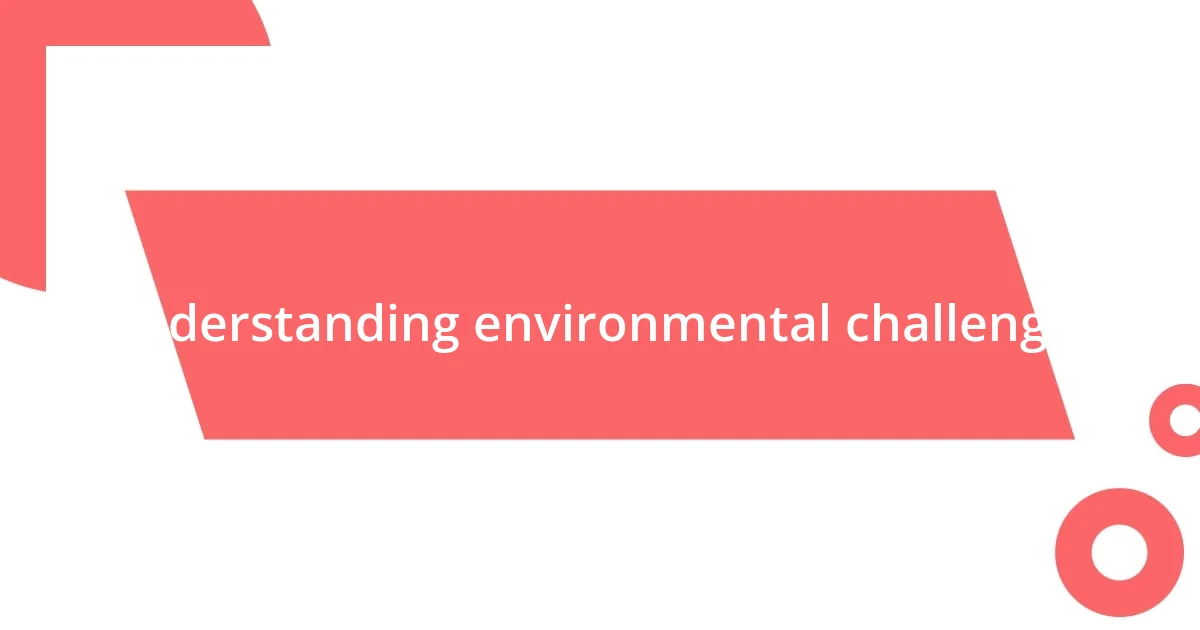
Understanding environmental challenges
Understanding environmental challenges goes beyond mere statistics; it’s about witnessing the impact firsthand. During my time volunteering at a marine conservation project, I was struck by the visible effects of plastic pollution. Watching sea turtles struggle amidst discarded bottles was a heart-wrenching moment. It made me wonder, how often do we pause to consider the life around us before tossing something away? This realization redefined my understanding of our responsibility to the environment.
Another striking challenge I faced was habitat destruction due to urban development. While helping to restore a local wetland, I stood in awe of the diverse ecosystem that was being threatened. I remember the day we spotted a family of ducks navigating through the restored area; it filled me with hope but also anger at the fragility of such environments. The stark contrast between my efforts and the ongoing threats highlighted a crucial point: conservation isn’t just about protecting the present; it’s about preserving the future for generations to come.
I have also learned that the climate crisis is more than just a buzzword; it’s a palpable struggle affecting communities globally. A powerful moment occurred while participating in a forest fire prevention initiative. Listening to community members share their stories of losing homes to wildfires was both sobering and motivating. It made me realize how deeply interconnected our lives are with nature’s wellbeing. Are we truly aware of the urgency these challenges present? Engaging directly with individuals impacted by these issues ignited a passion in me to advocate for change, serving as a constant reminder that every action counts.
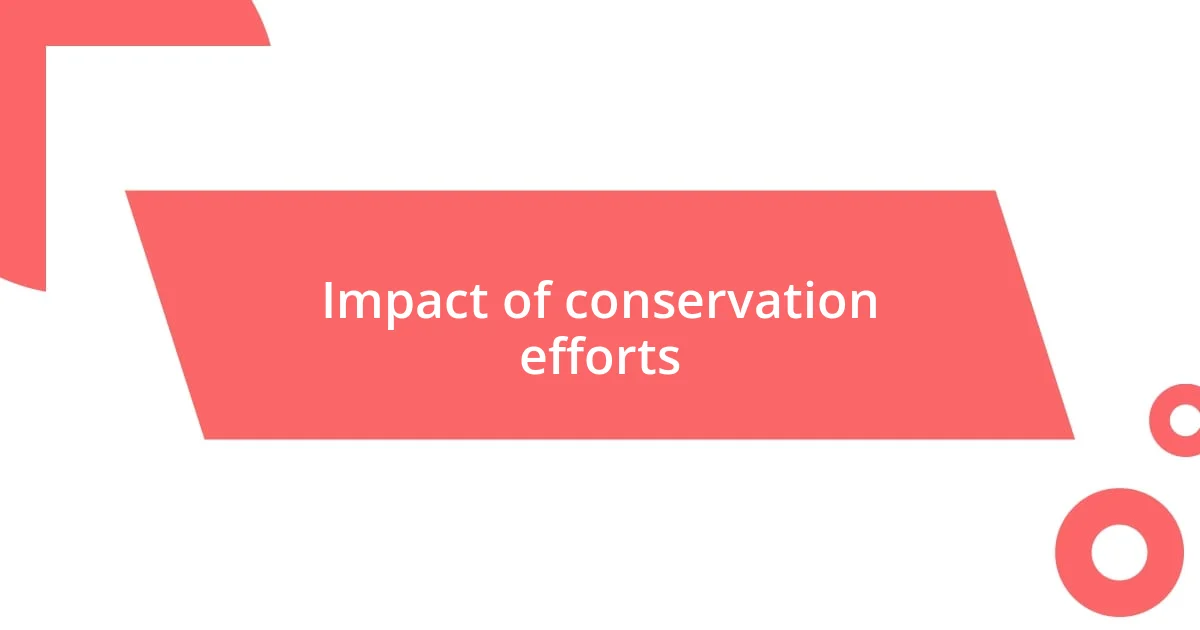
Impact of conservation efforts
Volunteering in conservation has shown me just how significant our collective efforts can be. During a wildlife rescue mission, I remember seeing an injured bird receive care that ultimately saved its life. Witnessing its release back into the wild was an incredibly emotional moment for me. It struck me then just how valuable each small action can be, igniting a belief that every contribution—no matter how minor—plays a crucial role in the larger tapestry of conservation.
I’ve also seen firsthand the lasting effects on local ecosystems. While we worked on replanting trees in a deforested area, I felt a deep connection to the land as we dug holes and placed saplings in the earth. It made me ponder: how many future generations will enjoy the shade and beauty of these trees? Each sapling felt like a promise for the future, reinforcing the idea that our conservation efforts today could lead to thriving habitats and a richer biodiversity tomorrow.
Moreover, I often think about how engaging communities enhances conservation success. I’ve been part of clean-up events where local families joined us, and the sense of shared purpose was palpable. Seeing children taking pride in their surroundings filled me with hope. It made me ask myself, how can we cultivate this sense of responsibility and stewardship in the next generation? The answer lies in these shared experiences, fostering a culture that values and advocates for our natural world.
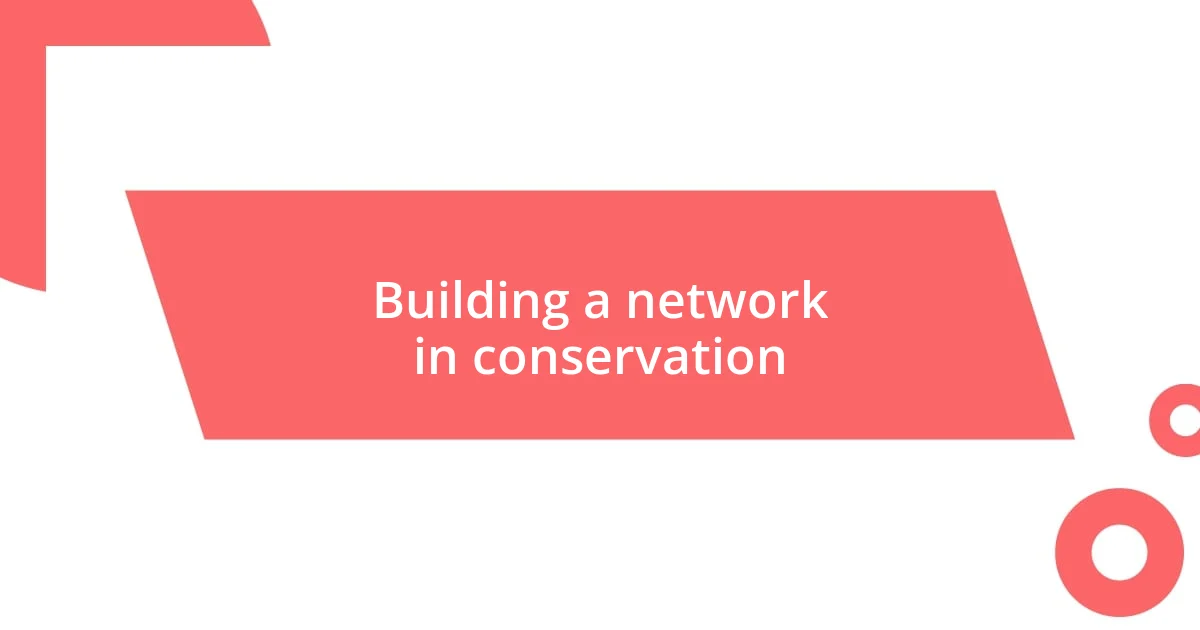
Building a network in conservation
Building a network in conservation is an enriching experience that goes beyond just attending events and exchanging business cards. I clearly remember sitting around a table with fellow volunteers after a long day in the field. We shared not only our stories but also our aspirations for making a difference. This casual conversation taught me that forming genuine connections is about sharing experiences and passions, and it motivated me to seek out mentorships with seasoned conservationists.
One of the most memorable aspects of networking in conservation is the diversity of backgrounds and expertise each person brings to the table. While cleaning up a beach, I encountered a marine biologist who introduced me to the concept of citizen science. I was amazed at how one dedicated individual can inspire many to contribute to data collection efforts. This chance encounter reinforced my belief: every person I meet can teach me something invaluable, opening up new pathways of understanding and collaboration.
Every time I attend a workshop or panel discussion, I remind myself that building a network is a continuous journey. I recall meeting someone at a symposium who later became a close friend and collaborator on various projects. Our shared experiences and brainstorming sessions ignited several initiatives for local wildlife preservation. It made me reflect: what innovative ideas are waiting to unfold through the relationships we cultivate? Building connections not only furthers our personal growth but also multiplies our impact on the world around us.
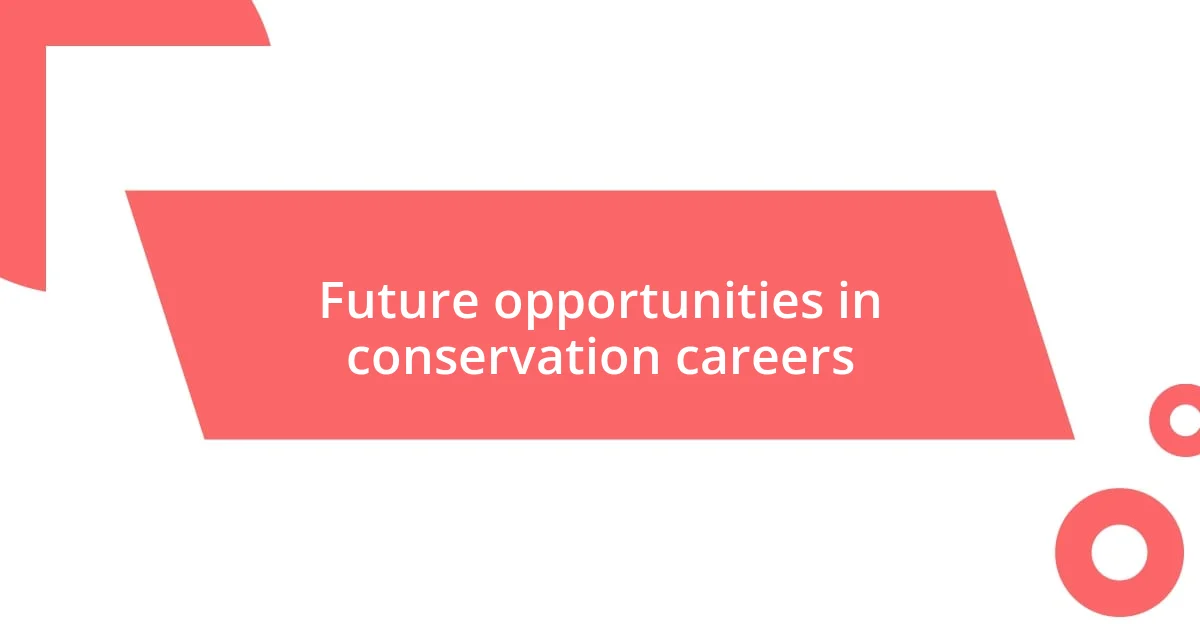
Future opportunities in conservation careers
While exploring future opportunities in conservation careers, I’ve come to appreciate the role of specialized education. I remember a workshop on ecological restoration where a seasoned professional shared her journey from volunteering to leading large-scale projects. It really struck me how tailoring one’s education for specific roles—like a conservation biologist or a park ranger—can create pathways to vital jobs in our field. Have you considered how your experiences could shape your educational goals?
Internships have been a key stepping stone for many aspiring conservationists I’ve met. During my time volunteering, I connected with someone who landed an internship at a national park. The hands-on experience not only enhanced her skills but also offered her a clear route to permanent employment. I realized that taking advantage of internships can open doors we never imagined. What tangible steps are you taking to seek out these opportunities?
Additionally, new conservation technologies are emerging, offering exciting career prospects. I recall seeing drones used for wildlife surveys during a project. It was fascinating to learn how technology can assist our conservation efforts in innovative ways. With advancements in remote sensing and data analysis, the landscape of conservation jobs continues to evolve. Have you explored how these technologies might align with your interests in the field?










